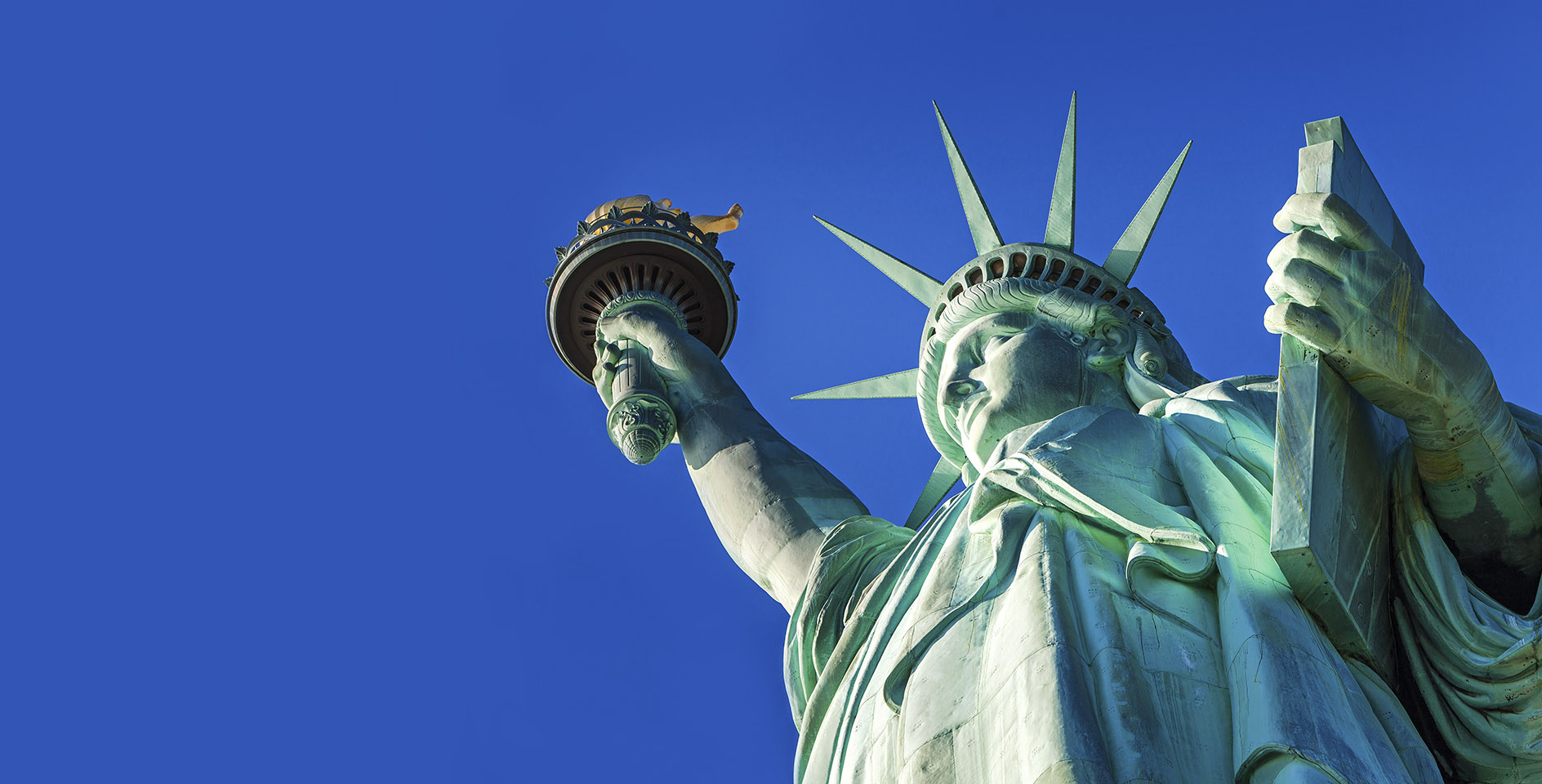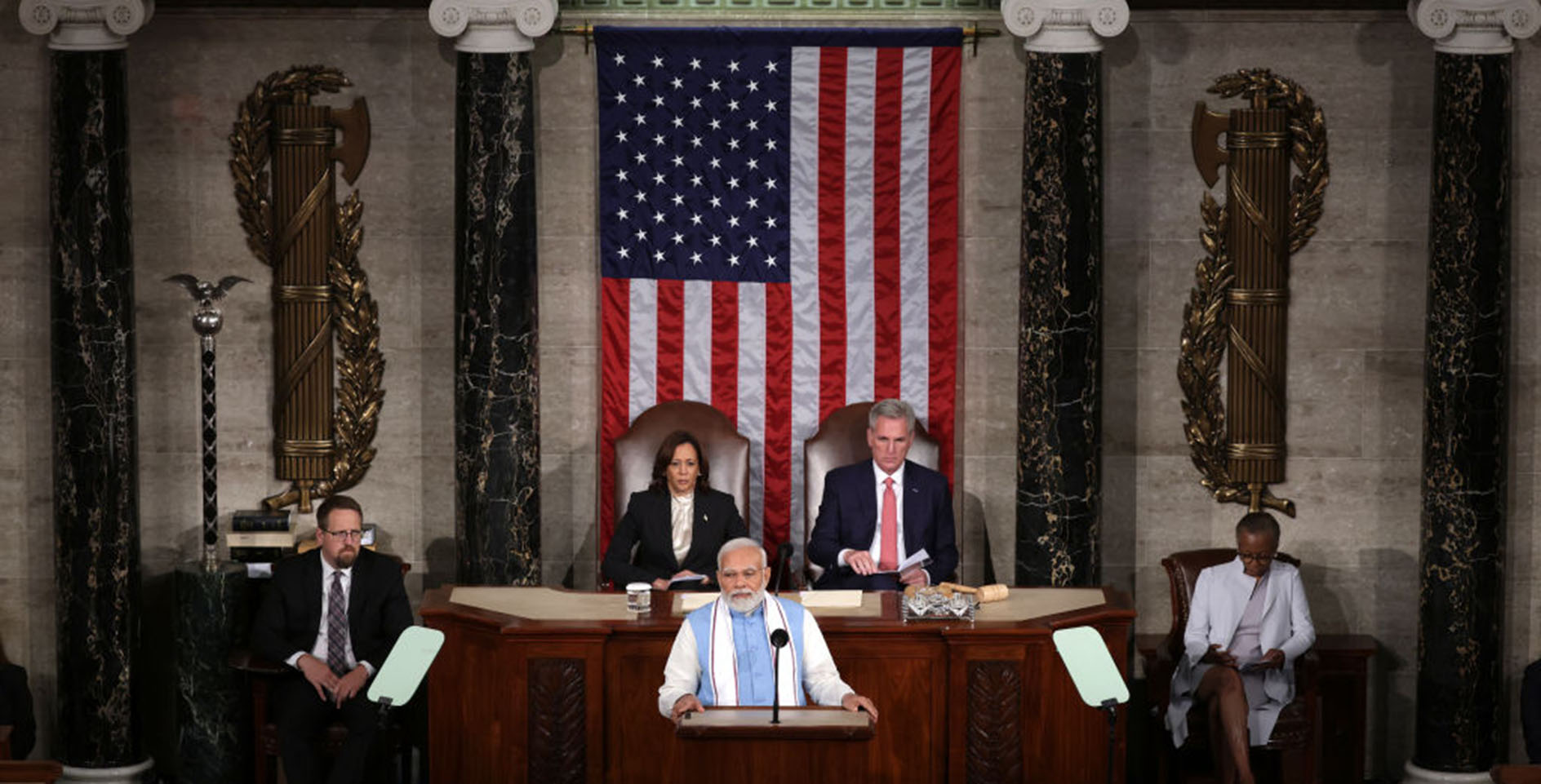About midnight Paul and Silas were praying and singing hymns to God, and the prisoners were listening to them (Acts 16:25 ESV)
The visit to Macedonia had gone well. Paul and company had arrived in Philippi days before and on the Sabbath had gone out to a place of prayer and met a gathering of women. Among them was Lydia who listened intently to the good news they shared about Jesus Christ and was converted. Then, as they went along they were met by another woman, an enslaved fortune-teller, who followed and badgered them as she was possessed by an evil spirit.
After a few days, Paul commanded the spirit in the name of Jesus to come out of her, and she was freed, though still not from her physical enslavement. Her owners had profited from her fortune-telling, and, with that at an end, they turned on Paul and Silas and brought them to the rulers, charging them with advocating “customs that are not lawful for us.” A crowd attacked as well, and so the rulers had Paul and Silas stripped, beaten and thrown in jail.
Paul and Silas had merely engaged the Roman culture with the gospel, helping those who would listen and healing those oppressed by spiritual warfare. Since this work overturned an idol of financial profit, they were isolated, misrepresented and made to suffer unjustly. Now they were wounded and in prison, surrounded by prisoners. And at this time when they should be sleeping or weeping, they sang. Why did they sing?
The verse informs that they were singing to God, and we can infer that the hymns were songs about God and his work. They sang to remind themselves of present and future truths revealed by God to indicate their trust in God regardless of their circumstances. Their hope was in God, not in their might or their friends. They knew that regardless of how this scrape went, their ultimate future was secure and safe in God. Paul and Silas were able to sing in the face of injustice and the loss of their freedoms because they knew that God was faithful (1 Pet. 4:19) and that in the end God would make things right (Rom. 12:19).
Given the current state of religious liberty in this country, and even more around the world, one might be tempted to despair and question whether we are seeing the beginning of the end of religious liberty. Indeed, the future is hard to predict, and the rise of restrictive trends is not encouraging. Yet, lest we lose hope, I hope, much like Paul and Silas singing, briefly to remind of both religious liberty’s true end and religious liberty’s end goal.
Religious liberty’s true end: Jesus’ return
When we talk of religious liberty in the United States, we acknowledge its present fragility with words like “threatened” and with calls to “defend” it.[1] Should believers find their liberties removed or suppressed in the days ahead, we should recognize that we will not really reach the end of religious liberty until Jesus’ return. On that day, the time of religious freedom will end. Everyone will bow and acknowledge the one true religion and one true God. Until then, in the most important sense, every day is a day of grace and a day of liberty.
Thus, even if the future practice of religious liberty in this country is virtually unrecognizable to the generations of men and women who died to preserve the first freedom, there exists still grace for a time through a certain future truth. This eternal perspective should provide hope, but it should also serve as a sobering call to action for the grace God shows by granting any form of religious liberty on earth is finite.
Near the end of his life, when Paul was in prison again, he wrote a letter to the Philippian believers. The church that formed after his time in jail with Silas would become his first church in Europe. The church in Philippi was one with whom he would maintain contact and likely would have visited again as they would serve as key supporters of his work (Phil. 4:15). He wrote to encourage them to pursue unity and joy even in suffering and, to that end, at the center of his letter (Phil. 2:5-11) he gave them a hymn. It is as if he knew they would need encouragement in singing.
The hymn in Philippians 2 tells of the humbling, sacrifice and exaltation of Jesus Christ. In the verses describing the exaltation, Paul references a statement from Isaiah and shows why, in the last day, religious liberty will come to an end. He writes, “God has highly exalted him and bestowed on him the name that is above every name, so that at the name of Jesus every knee should bow in heaven and on earth and under the earth, and every tongue confess that Jesus Christ is Lord, to the glory of God the Father.” Here, Paul is communicating truths that are both already and not yet manifest.
God has already exalted Christ Jesus and given him the name “Lord.” He has already handed all things over to him (Matt. 11:27), put all things are under his feet (Eph. 1:22) and given him all authority (Matt. 28:18). Yet Paul reveals that a future day is coming when the name of Jesus will go forth and all creatures will bow and confess him as Lord. At this time, which Paul in 1 Cor. 15:24 calls “the end,” Jesus will finally destroy death and see the complete fulfillment of Psalm 8:6, when all things are put in subjection under his feet (1 Cor. 15:23-28).
Paul’s use of Isaiah 45:23 in Philippians 2 ties his hymn to the larger and weightier biblical story. This reference to God the Father saying “to me every knee shall bow, every tongue shall swear allegiance” is part of a larger passage (Isa. 45:18-25) that, as Bible scholar Moises Silva explains, “constitutes one of the most powerful OT affirmations of the uniqueness of God of Israel in the context of his redeeming work.”[2] There, Isaiah is crusading against idolatry by vigorously defending the sole uniqueness of the God of Israel. By ascribing this text to Jesus, Paul is making a profound trinitarian statement that shows that the divinity of God the Son is not a challenge to the monotheistic God of the Bible.[3]
Yet Philippians 2:10-11 is not the only time Paul refers to Isaiah 45:23. In Romans 14:10-11, Paul points to the last day and says, “For we will all stand before the judgment seat of God; for it is written, ‘As I live, says the Lord, every knee shall bow to me, and every tongue shall confess to God.”
As New Testament scholar Thomas Schreiner notes, here Paul is ascribing to God the Father the day of widespread allegiance, but this only furthers Paul’s point in Philippians 2 of exalting Christ. Schreiner explains, “The fact that Paul can apply the same OT text to God in Romans and to Christ in Philippians reveals the high stature of Christ.”[4] Yet clearly this exaltation and subjection are both already true and not yet complete. As John Calvin reminds us, “the kingdom of Christ is on such a footing, that it is every day growing and making improvement, while at the same time perfection is not yet attained, nor will it be until the final day of reckoning.”[5]
Thus, we live in the times in between, and we bear the burden and joy of knowing that the end of religious liberty is coming. What else then is there for us to learn from this future end that can help us to know how to live between the times?
1. First, these passages depicting the future day of judgment give readers both a word of warning and a promise of hope. The warning comes in the realization that there is a clock winding down, and one day the triune God will no longer exercise patience with those who do not worship him alone. At that time all will bow and confess that God is supreme, true and Lord. The bowing especially conveys this acknowledgment as the Bible regularly identifies this posture with concession that the one to whom one bows is superior. Hence Elijah is told to track the faithful by those who have not “bowed the knee to Baal” (1 Kings 19:18). When one bows and confesses, he is submitting, conceding and openly declaring what is true about the One who is superior and exalted.[6]
Further, this day of acknowledgement is universal but not universalism. No one will escape participation, whether they are repentant or not. John Piper explains, “Believers and unbelievers will acknowledge in that day that Jesus has triumphed over every enemy—believers, to their everlasting joy, and unbelievers, to their everlasting shame.” This day will serve as a reversal of sorts of Nebuchadnezzar’s golden image in Daniel 3. Then, the King demanded and coerced that all “fall down and worship,” lest they face judgment by fire (3:5).
Nebuchadnezzar sought a universalism of worship solely for himself. However, three Jews rightly refused, acknowledging that there was One more worthy of their devotion. Whereas Nebuchadnezzar demanded and attempted to coerce a universalistic worship, the true God does not coerce[7] or universally redeem, but he still will receive, in the end, universal concession and acknowledgment from all creatures. Jesus Christ will reign in triumph over even those who do not worship him but acknowledge their defeat by bowing and confessing.[8]
Yet these passages also provide an ongoing word of hope. One of the lowest points in Charles Spurgeon’s ministry came just as he was preparing to preach to over 10,000 people gathered at the new concert hall in Royal Surrey Gardens. After he concluded his prayer, someone in the crowd yelled “Fire!” and that the balcony was collapsing, when nothing of the sort was happening. Panic set in and the crowds pushed to exit, while those assembled outside attempted to enter.
Seven people were trampled to death and many more injured. Spurgeon was devastated by the loss of precious human life, to the extent that he considered leaving the ministry. When he returned to the pulpit weeks later, he preached “The Exaltation of Christ” from Philippians 2:9-11. It was a way to encourage his congregation and his own soul. He said, “This text afforded sweet consolation to every heir of heaven,” and continued,
In the midst of calamities, whether they be the wreck of nations, the crash of empires, the heaving of revolutions, or the scourge of war, the great question which [a Christian] asks himself, and asks of others too, is this—Is Christ’s kingdom safe? . . . He finds it sufficient consolation, in the midst of all the breaking in pieces which he endures, to think that Christ’s throne stand fast and firm, and that though the earth hath rocked beneath his feet, yet Christ standeth on a rock which never can be moved. . . . Oh! my soul anticipates that blessed day, when this whole earth shall bend its knee before its God willingly! I do believe there is a happy era coming, when there shall not be one knee unbent before my Lord and Master. . . . But even now, while waiting for that era, my soul rejoices in the fact, that every knee does virtually bow, though not willingly, yet really.
Thus, as those living in an era of religious liberty between the time of Christ’s ascension and his certain return, the knowledge of what awaits us on the last day should serve as a warning to all outside of Christ that the freedom to worship other gods without the judgment of the one true God will come to end. For those in Christ, the knowledge of the last day should provide hope that, no matter what trials come or earthly freedoms are diminished, God will make all things new. He will put all things under his feet and declare himself finally triumphant.
2. Second, these passages remind all that, until that day of judgment comes, each day is a day of grace, and thus it is not too late to repent and believe in Jesus Christ. Russell Moore puts it this way: “Christian eschatology maintains that the ‘day of salvation’ is now (2 Cor. 6:2), during this lifetime’s temporary suspension of doom. After this the grace of God is not extended—only his justice, and that with severity.”[9]
Indeed, God kindly tolerates a world that worships things created by men and other futile systems or philosophies in order that many may come to repentance (Rom. 2:4). He is patient, “not wishing that any should perish” (2 Pet. 3:9), and reminds that “now is the day of salvation” (2 Cor. 6:2), since no one knows the day or the hour when he will return (Mark 13:32). Thus, whoever confesses with their tongue and bows in their heart now (Rom. 10:9-10) that Jesus is Lord will not perish, but have eternal life (John 3:16). As Spurgeon preached,
And now, lastly, beloved, if it be true, as it is, that Christ is so exalted that he is to have a name above every name, and every knee is to bow to him, will we not bow our knees this morning before his Majesty? You must, whether you will or no, one day bow your knee. . . . O that now those that are on earth might willingly bend their knees lest in hell it should be fulfilled, ‘Things under the earth shall bow the knee before him.”
Whatever happens to the state of religious liberty in the United States and other nations, there will be a final end to religious liberty for all with the return of Christ. At that time, there will be no more hope for the lost. Thus, we pursue religious freedom in the present for the sake of others to be saved before the end.
Religious liberty’s end goal: God’s glory
When thinking of the end of religious liberty, therefore, we should consider not only the warning and hope that comes with the knowledge that one day freedom to worship any god will end, but also the purpose of religious freedom in the here and now. That is, what is the end goal of religious liberty?
In Philippians 2:11, Paul says that the universal submission of humanity to the Lordship of Christ at the end of time takes place “to the glory of God the Father.” Bible scholar James Hamilton explains, “Every knee will bow to him (2:10), every tongue confess him Lord, and this is to the glory of the Father (2:11). The life that Paul calls the Philippians to live is based on the glory of God in salvation through judgment accomplished in Christ’s death on the cross.”[10]
The reigning King who made the heavens and the earth should receive honor and glory forever and ever (1 Tim. 1:17). The One who put forward his Son as a propitiation so that God the Father might be just and justifier of all those who fall short of the glory of God (Rom. 3:21-26) belongs glory and dominion forever and ever (1 Pet. 4:11). The One who gave his Spirit as a Helper to teach, convict (John 14:26; 16:8) and send his children as witnesses to the nations (Acts 1:8), to him be glory in the church, throughout all generations forever and ever (Eph. 3:21).
The glory of God in salvation through judgment is the end goal of religious liberty on earth. With that glorious end in mind, we can return to where this conclusion began: with Paul and Silas singing in the Philippian jail.
Then he brought them out and said, “Sirs, what must I do to be saved?” And they said, “Believe in the Lord Jesus, and you will be saved, you and your household.” (Acts 16:30-31 ESV)
In the middle of their singing an earthquake interrupted. Paul and Silas were now released from their chains and confines due to the upheaval. Yet instead of running for safety, they remained for the safety of their captor. Knowing that the jailer would receive the death penalty should they escape, they assured him they had not left and, shaken and afraid, the jailer came to see for himself. Their steadfastness in their punishment even when given the opportunity for freedom, prompted the jailer to ask how he might escape his own spiritual captivity: “Sirs, what must I do to be saved?”
Paul and Silas were misrepresented, imprisoned unjustly and robbed of their freedoms, but they did not despair. Instead, entrusting themselves to their faithful Creator, they looked and sang to God knowing their captivity was temporary, even if it should lead to death. Why did they sing? They sang to God about God to find strength in God.
But their singing also had another purpose—to help those listening learn of the coming judgment of God. Following the earthquake, more important than their freedom was the life of another. So they stayed because the jailer’s eternal destiny was at risk. After the upheaval, they stayed so at least one who heard the good news could repent and believe.
Hope.
Warning.
Good news that Jesus is Lord shared while there still is time even at the risk of one’s security, safety, and rights—all for the glory of God.
Until the end, this is the true end and end goal of religious liberty.
This article is adapted from the conclusion published in First Freedom, Second Edition, Jason G. Duesing, Thomas White, and Malcolm B. Yarnell, III, eds., B&H Academic, 2016.










